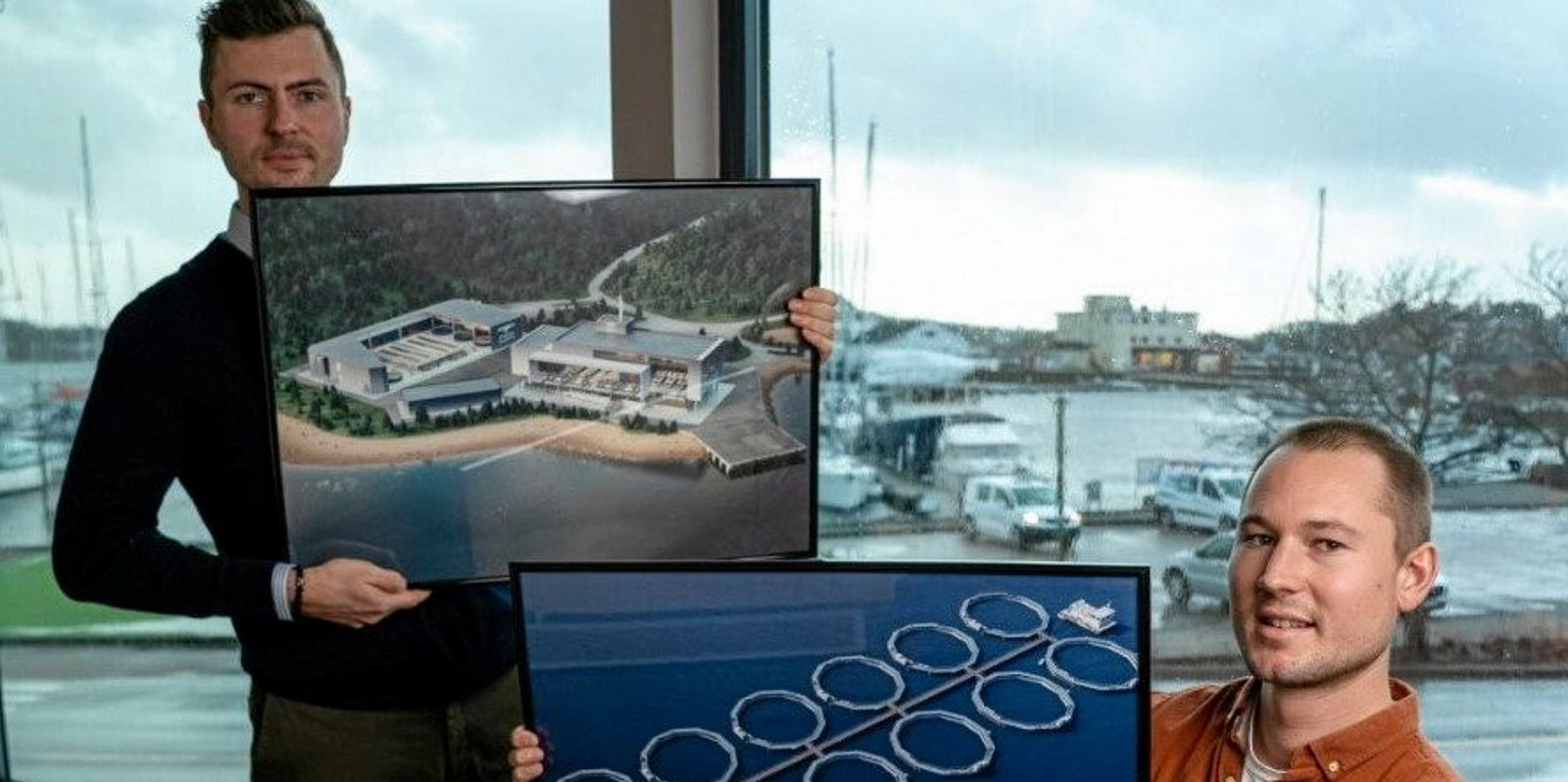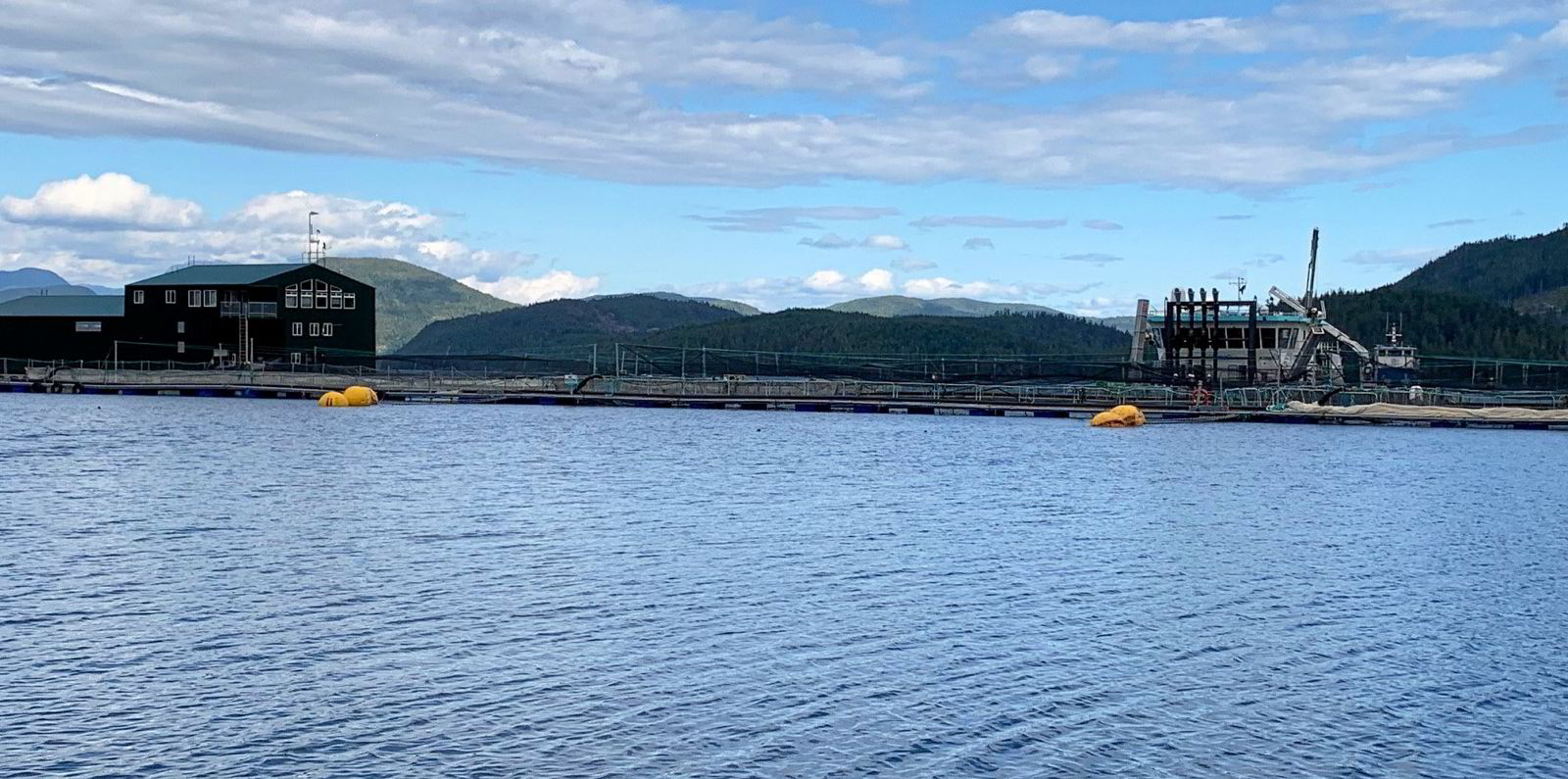American Aquafarms said its 30,000 metric-tons closed-containment salmon farming project in Gouldsboro, Maine, could begin production as early as next year.
The company said Wednesday it filed two draft lease applications with the Department of Marine Resources (DMR) to begin development of the project.
American Aquafarms agreed to buy the Maine Fair Trade Lobster facility in Gouldsboro, with the aim of redeveloping the 11-acre site into a hatchery and processing facility.
While it is unclear whether the application will take four or six months, the shorter lead time for closed-containment equipment over recirculating aquaculture systems (RAS) puts the company in a strong position, American Aquafarms Marketing Director and partner Teodor Strand-Johansen told IntraFish.
"We can be in operation already next year if the application process goes through pretty fast," he said. Work to build closed-containment systems will begin as soon as the company gets the green light.
The nature of closed-containment systems should allow the company to start producing at around 30,000 metric tons at the outset, compared with land-based sites where production increases need to phased, Strand-Johansen said.
Executives chose the Maine site for its proximity to strong distribution links on the US east coast and because it offered the chance to produce locally in the US market, which imports around 90 percent of its seafood.
"We want to produce American salmon with American workers," Strand-Johansen said.
American Aquafarms has seen pushback from nearby residents in Frenchman's Bay, where opponents say the company's proposed sites would take up a combined 100 acres of the bay.
Having worked and studied in other parts of the United States, Strand-Johansen said he has been surprised by the "different mentality" in Maine towards technology and aquaculture projects particularly.
But he said the project is gradually winning over objectors as the company gets the chance to explain its plans in greater detail and that the closed-containment removes concerns about traditional salmon farming issues such as sea lice, waste discharges, disease and fish escapes.
"We have had a lot of really good dialogue with all types of interest groups," he said.


